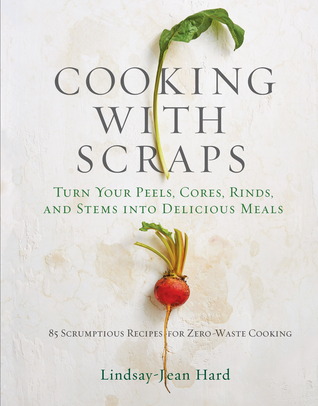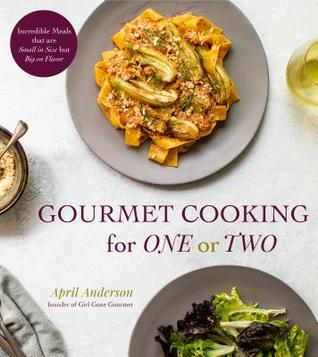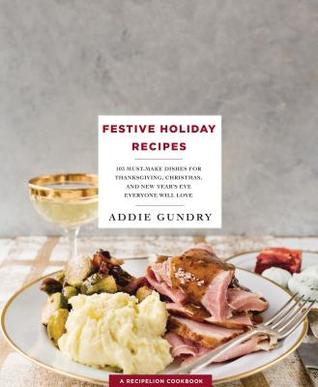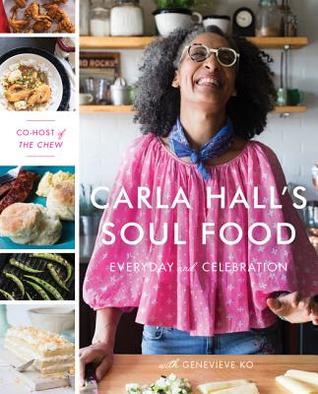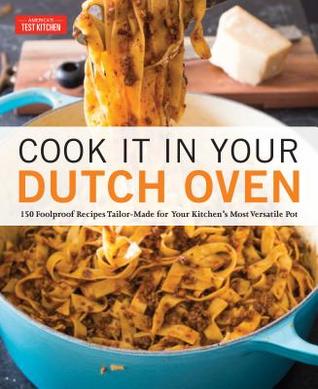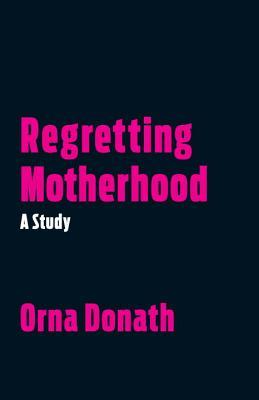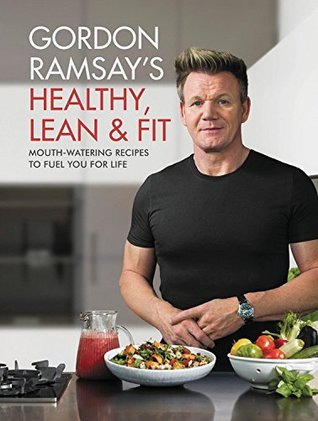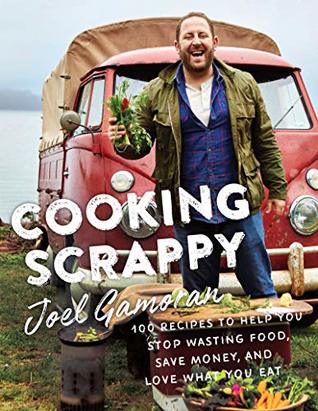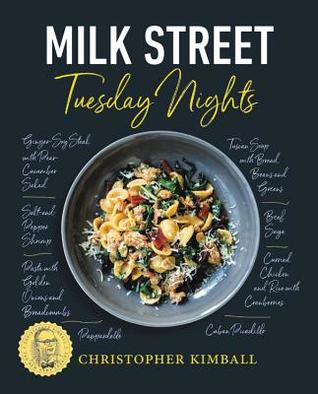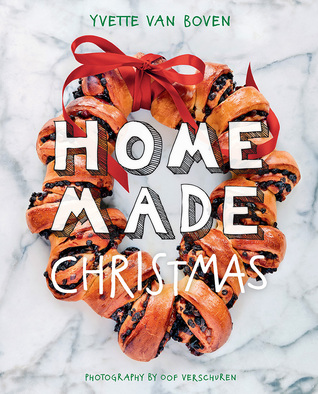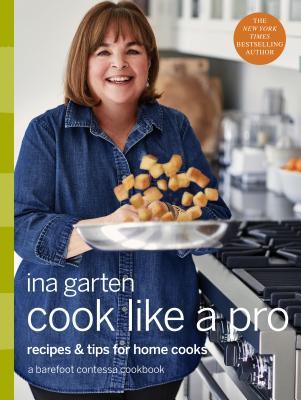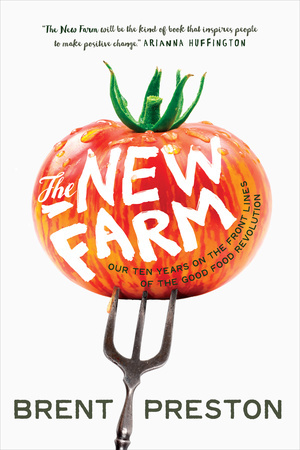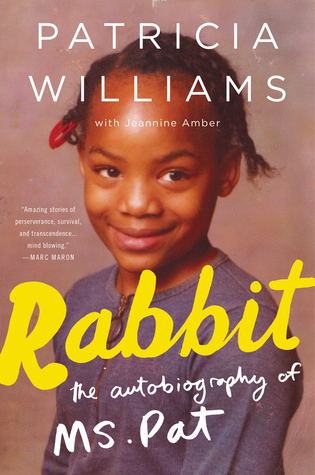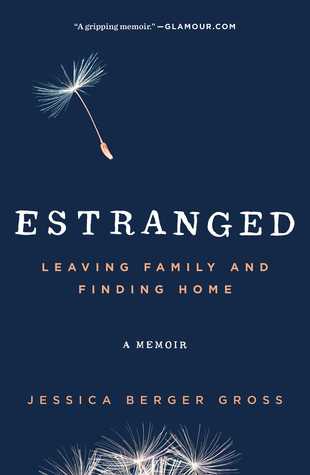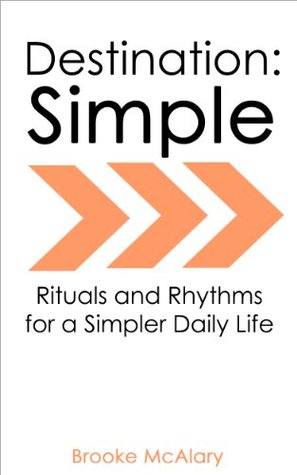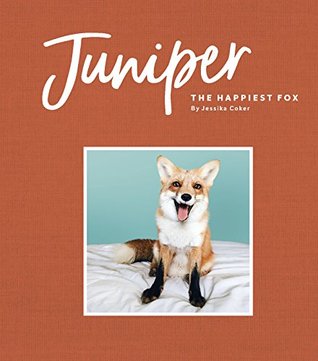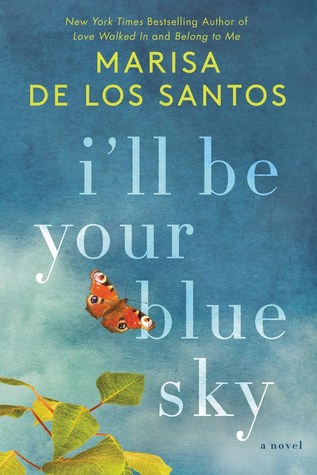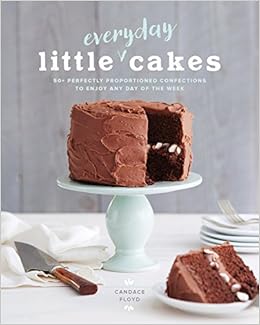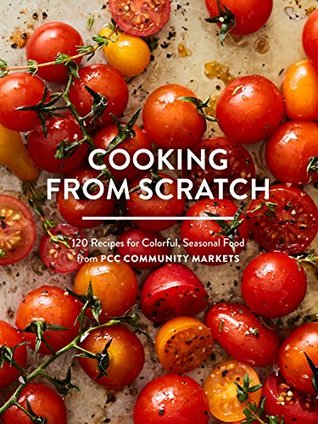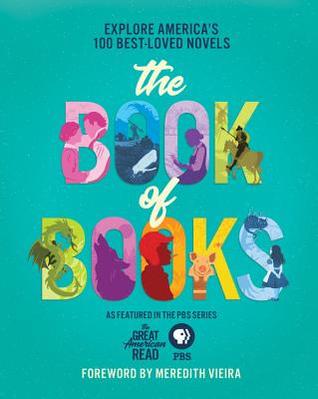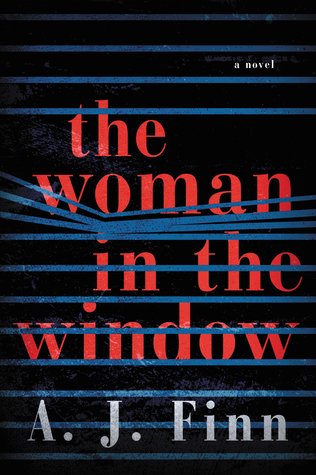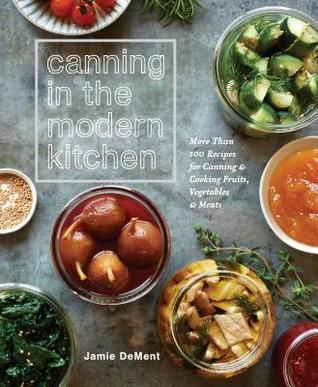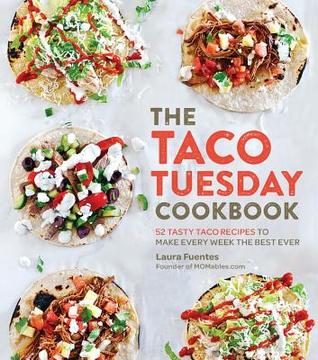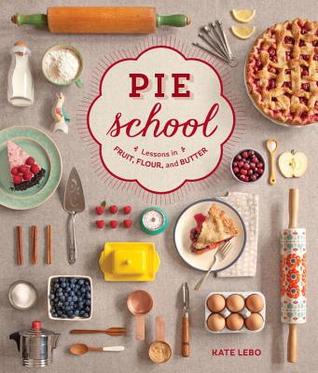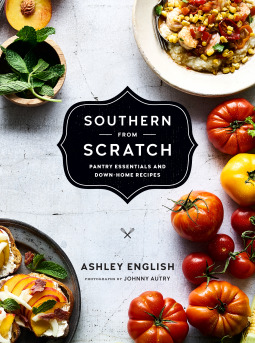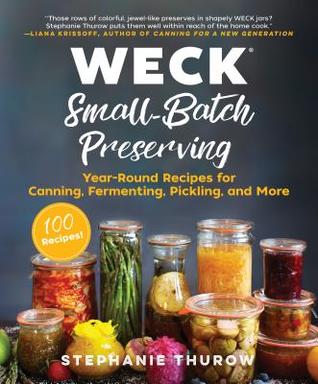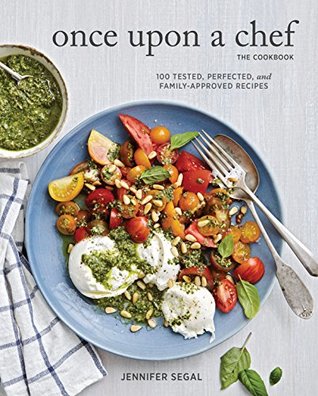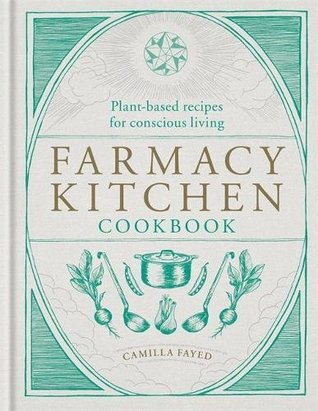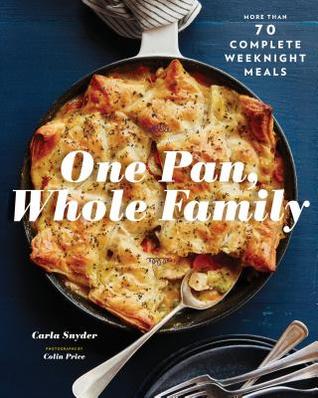Regretting Motherhood: a study by Orna Donath
As a woman who's chosen to not have children I know that's a social taboo, but for women who have had children to admit they regret it is so taboo it's barely spoken about at all. Orna Donath is Israeli and was working on a study of men and women in Israel who don't want to have children. I didn't know that Israel has one of the highest birth rates in the world, so there is a LOT of social pressure to have children for Israelis. Due to that study, Donath found women who had had children and wished they hadn't caved to social or family pressure and wanted a place for their feelings - and that is how this book came to be. While the tone of the book is more scholarly, it is still an interesting read. I found it really interesting that many of the women never felt a strong desire to have children but did because it was what was expected or the next natural step in their life. I see that all the time people not even allowing themselves to think if they want children, just doing what's expected or what is the norm. Definitely a unique book giving voice to women who have been overlooked or shunned for expressing regret about motherhood.
Some quotes I liked:
"On the few occasions in recent years when the issue of regretting motherhood has been addressed on the internet, it has tended to be regarded as an object of disbelief - meaning that its actual existence is denied - or as an object of rage and distortion - meaning that mothers who regret are branded as selfish, insane, damaged women and immoral human beings who exemplify the 'whining culture' we allegedly live in...Clearly, we are facing a wide range of emotions about motherhood that are begging to be dealt with. Something is still profoundly missing from our public discourse about motherhood..." (p. xv - xvii)
"When it comes to reproduction and the transition to motherhood, it is crucial to cast doubt on this rhetoric of all-embracing choice: how much room to maneuver do women actually have if we are free to choose only what society wants us to choose?It seems that as long as women make decisions according to the will of society and the priorities and roles it assigns us - such as being well-kempt, devoted mothers in an ongoing heterosexual romantic relationship - we gain social status as free, independent, autonomous individuals with an untethered ability to fulfill our desires. However, when our choices clash with society's expectations - when we refuse, for instance, to commit to beauty care, have children, or maintain romantic partnerships with men (or in general) - then we run into a problem." (p. 7-8)
"Since the nineteenth century, nationalist, capitalist, heteronormative, and patriarchal ideologies have joined hands to sustain this gendered division of labor - because without women's unpaid labor as mothers and homemakers, the system would fall apart - while stressing that this division is 'natural,' and therefore eternal; that it makes the world a better place; and that it benefits women themselves as well as their children. As we shall see, it is not considered sufficient for a woman to simply mother: mothers are also expected to follow strict and universal rules dictating howthey should mother, even though mothers nurture and protect their children in different ways and under different circumstances - and may not necessarily provide such care at all." (p. 31)
"Women, especially those over the age of 30, are caught within a mind-game of threats and warnings: Your time is running out for making a family. You may think that you're not interested in being a mother, but you are wrong; the desire will strike you eventually, but then it will be too late. You are going to regret this. In reality, women's subjective experience of motherhood and nonmotherhood is far more complex; yet because the voices of those women who regret becoming mothers largely remain unheard - as well as those of nonmothers who do not regret not having children - the assumption becomes that they do not in fact exist." (p. 59)
"The statement 'I love my children but regret my motherhood' is very often seen as impossible by definition - because doesn't a wish to erase motherhood mean a wish to erase those children she loves? Yet a statement such as 'I love him, but I regret I ever met him' following a painful romantic relationship would hardly be considered paradoxical. In other words, it may be the sacredness we have placed on motherhood that prevents us from accepting that a woman can both love and acknowledge the broader implications of that love in her life." (p. 113-4)
"On one hand, facing them [the accounts of regretted motherhood] may have torturous consequences; on the other hand, avoiding them may prevent us from understanding social worlds and changing them for the benefit of those who suffer from them. With this in mind, I believe the question 'Why talk about regretting motherhood?' should be flipped the other way around: What are the consequences of silencing regret over motherhood? Who pays the price when we try to pretend it does not exist?" (p. 221)
"The truth is that I have never felt that my unwillingness to be a mother is in need of justification nor that this is a problem that should be solved (though society demands such a justification while assuming I have a problem, I feel it is a problem that society tends to think so). I am not looking to glorify mothers' regret. Nor am I looking to criticize women who want with all their heart to be mothers, as I believe we are diverse in our needs, yearnings, and dreams." (p. 223)
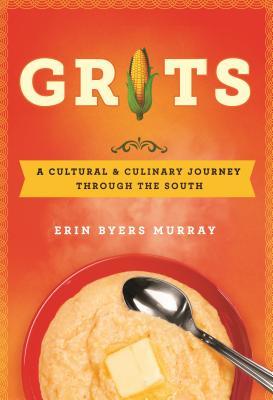
Grits: a cultural and culinary journey through the South by Erin Byers Murray
This was a really interesting look at grits as a cultural and culinary journey through the South. Murray looks into the history of grits and the variations in the past, she also explores grits through a racial lens, and through a female lens since historically women were the growers and cooks of grits (and most food), she also explores grits as a political tool, and finally highlighting he chefs, cooks, and eaters honoring grits across the South today. Each chapter includes a few recipes for grits as well. Overall, it was a unique look at one of the South's staple foods from where grits started to how they are being used today.
A quote I really liked:
"Glenn Roberts, motivated originally by his interest in rediscovering and reintroducing flavor, quickly took on the political charge - since its start, his small (by comparison) production milling operation has steadily and quietly waged culinary aggression against Big Agriculture. Though it's not a message he touts loudly, the very existence of Anson Mills is a form of resistance. By reintroducing heirloom varieties into commercial production, he offers chefs and consumers a small-scale weapon: the option to step far outside the frustrations that come from supporting the ongoing cycle of damage Big Ag creates." (p. 143-4)

The Wind in the Willows by Kenneth Grahame
Somehow I made it this far in my life without having read The Wind in the Willows and it was definitely worth reading. I don't know how I never read this as I LOVED animal characters as a kid and read all the Brian Jacques Redwallbooks. This reminded me of those books, but less warfare and more lounging and gentlemanly type "adventures." The characters are very strong, but I do find it odd that they are called Rat, Toad, etc. instead of actual names. Is there only one Toad or Rat? The book is basically a collection of stories with these characters that do all flow into one storyline. There were some very funny moments and memorable dialogue. Definitely a happy, uplifting book - my book club should be very pleased they are getting a "happy" book for our December meeting!
Some quotes I liked:
"A moment, and he had caught it again; and with it this time came recollection in fullest flood. Home! That was what they meant, caressing appeals, those soft touches wafted through the air, those invisible little hands pulling and tugging, all one way!...Now, with a rush of old memories, how clearly it stood up before him, in the darkness! Shabby indeed, and small and poorly furnished, and yet his, the home he had made for himself, the home he had been so happy to get back to after his day's work. And the home had been happy with him, too, evidently, and was missing him, and wanted him back, and was telling him so, through his nose, sorrowfully, reproachfully, but with no bitterness or anger; only with plaintive reminder that it was there, and wanted him." (p. 80-1)
"He clambered into his bunk and rolled himself well up in the blankets, and slumber gathered him forthwith, as a swath of barley is folded into the arms of the reaping-machine." (p. 95)
"He increased his pace, and as the car devoured the street and leapt forth on the high road through the open country, he was only conscious that he was Toad once more, Toad at his best and highest, Toad the terror, the traffic-queller, the Lord of the lone trail, before whom all must give way or be smitten into nothingness and everlasting night." (p. 112-3)
"Really, Toad, of all the trying animals - I wonder you manage to keep any friends at all!" (p. 209)

Another Kind of Madness by Stephen Hinshaw
While Stephen Hinshaw and his sister Sally were growing up in Ohio their father would periodically disappear for months at a time, and once for an entire school year. No explanation was ever given for his absences and the one time Stephen asked his mother he was told to not ask any more questions. Stephen didn't find out until his first year of college that his father had been diagnosed as schizophrenic (mis-diagnosed, he was actually bi-polar) and the absences were involuntary hospitalizations. This information rocks Stephen's world and he actually decides to study psychology in order to try to help people like his father and reduce the stigma around mental illness. As Stephen's father gradually opens up to him about his mental illness Stephen beings to realize that many people in his family suffer from mental illness, but it was never discussed. In the 1940's and 50's when his father was first hospitalized doctors told the families to not tell children anything and the stigma was so great that Stephen's mother never even told her mother or friends. Stephen's father was a brilliant man who went on to make a name for himself as a sought-after philosophy professor despite his mental illness and hospitalizations. Throughout college Stephen struggles with worrying about developing mental illness (especially once he realizes how rampant it is in his family), but feels like he can't talk about it. Finally while in graduate school he stars opening up and really begins working to change things in the mental health field. But, only by telling his family's story can he really heal from the trauma of shame and stigma his family suffered with for years. This was a really interesting look at mental illness and stigma from someone who experienced it firsthand and is working hard to make changes in both the medical profession and in society.
Some quotes I liked:
"During the 1950s the psychiatric profession forbade family members from knowing about the very forms of illness under its care. Would an oncologist direct a patient never to divulge his or her cancer to family members, including children - or a cardiologist, heart disease? It's unthinkable. But mental illness was so shameful that banning all discussion was believed to be therapeutic. Our family's role-playing was off and running, professionally sanctioned - even ordered." (p. 81-2)
"To this day I fight the long-held belief that I must suppress anything troubling, which is part of my learned pattern, too often keeping me stuck even now. It's one of the key battles of my lifetime." (p. 100)
[After finding out that another mentally ill family member had committed suicide] "How had I managed to hang on to my sanity: through my intensive work ethic and blocking off feelings? Or just the blind luck of the genetic draw? I couldn't figure it out then. Even now, I'm not sure." (p. 190)
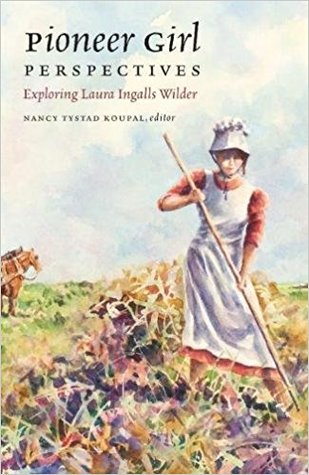
Pioneer Girl Perspectives: exploring Laura Ingalls Wilder by Nancy Tystad Koupal, ed.
Pioneer Girl Perspectives is a collection of essays about Laura Ingalls Wilder and the impact her books made, background on her early life and her life as a writer. I wasn't sure what to expect, but this was much more scholarly than I was expecting. These authors REALLY dug into Wilder's past and how she was influenced by her upbringing and how she influenced others with her writing. There was a lot of really good, interesting information, but it was also very scholarly and somewhat dry. It was worth reading, but it wasn't a super quick, easy read. If you're a hardcore Wilder fan this is definitely worth reading, but I have read some other books about her and her work that are easier to read and equally interesting.
Some quotes I liked:
[From a speech Wilder gave at the Detroit Book Fair in 1937] "It seemed to me that my childhood had been much richer and more interesting than that of children to-day even with all the modern inventions and improvements." (p. 13) [Does literally EVERYONE feel this way?]
"Much has been made of the theory that Rose Wilder Lane wrote the books and not her mother. It has become an urban myth much in the tradition that Shakespeare could not have written those plays. The problem with the ghost-writer theory is that none of the Little House books sounds like Lane. The narrator of Little House on the Prairie and all the others is not that of Let the Hurricane Roar and Free Land. It is the voice of Pioneer Girl. Lane's influence may be traced here or there of course, but the overall tone and drive of the multi-volumed novel are consistent, and they are Wilder's." (p. 112)
"Not much really happens in the stories. Life is not a series of exciting adventures. Instead, the Little House books describe meticulously how things were done in the old days. 'One of the things that I always liked about the Little House on the Prairie books,' Erdrich admitted,' was the specificity of everything that the family made or used.' The books also propagate the old, basic American values. 'This plain account focuses on ordinary lives, but that is why it is so thrilling and engrossing,' Eden Ross Lipson, children's book editor of the New York Times, summarized. 'The family's ordinary lives are so far from our own, unimaginably remote to today's children. But the lesson the books taught me, and still teach without comment, is that there is dignity, honor, and pleasure in work well done.'" (p. 133-4)
"Wilder's lavish use of fairy-tale elements in her work - most notably in her first novel, Little House in the Big Woods, but to varying degrees in all of the Little House books - resulted in something unprecedented in American children's literature. Wilder's irresistible story, reworked and reimagined as historical fiction but shot through with golden threads of ancient and timeless fairy tale, dramatized America's western experience for generations of young readers. In effect, Wilder reinterpreted Manifest Destiny and the Mythic West for young children, subtly shaping their understanding of frontier life through her compelling personal narrative based on childhood memory, family history, historic fact, and last, but by no means least, Wilder's own shrewd grasp of fairy tale and its power to capture the hearts, minds, and imaginations of young readers. By deploying the classic concepts and framing features of fairy tale, Wilder completely transformed her monotone and comparatively plodding autobiographical memoir, Pioneer Girl, into a prize-winning series of best-loved children's books." (p. 209-10)

Killing It: an education by Camas Davis
In the span of a year Camas Davis loses her job and her long-time boyfriend. Forced to re-evaluate her life, she decides to go to Gascony, France. In France she stays with Kate Hill, an American woman living in France teaching cooking classes. Kate introduces Camas to the Chapolard brothers who run a full-circle pig farm - growing the feed, raising the pigs, slaughtering the pigs, butchering the pigs, and selling the products of the pigs in local markets. After studying with Kate and the Chapolards Camas comes back to Portland, Oregon and decides to start the Portland Meat Collective that focuses on whole animal butchery and sourcing quality, humane meat. The PMC teaches classes to the public and also helps connect small farmers and butchers to potential markets. While the food parts of the story are VERY interesting, there was too much of her personal drama woven in. You never get the full story on what happened with the long-time boyfriend, then she is in a relationship with a man (who she later marries) and a woman (who is also a female butcher) at the same time. As another reviewer wrote, "I wanted the Camas Davis female butcher story, not the Camas Davis bisexual story." While I liked her story, I didn't really like her as a person - or at least how she portrayed herself in this book. Overall, it was interesting and I think the Portland Meat Collective is an amazing idea.
Some quotes I liked:
"By the end of each week, they explained, after three different outdoor markets, the Chapolards had usually sold every part of every one of their ten weekly animals to their customers, save for the bones, which they composted for use on their farm, and whatever they took home to feed their own families. When a customer bought a slice of ham from them, the Chapolards could vouch for every part of the process that transformed one of their pigs into that slice of ham. They grew the grain to feed their pigs. They raised the pigs themselves. They owned their cooperative abattoir with other small farmers. They did all the cutting and curing. They sold the meat at outdoor markets. They owned every part of the process, and this was their appeal. By French standards, they lived modestly, though comfortably - a kind of modern-day middle-class peasant. Though there were still plenty of small meat producers in France, Kate told me the Chapolard model was increasingly rare." (p. 70)
"What might it be like if we all lived in such close proximity to the animals we ate? If we had to perform, or at least be witness to, the work of these saws and knives and cleavers in order to put meat on our own tables? How much meat might we eat then? How much might we be willing to pay for someone else to do the close reading for us if we understood the difficult paradox it required?" (p. 142)
"Since I returned from France, I'd become increasingly aware of the way in which people spoke of me in relation to butchery, as if I were a monkey on display in a cage performing tricks no human had ever seen a monkey do: 'This is my friend Camas. She just went to France to become a butcher. Can you believe it?' Or 'You are one sexy butcher,' even though I wasn't even really a butcher. 'I'll make sure to never get into bed with you and a sharp knife,' said a man I had only just met at a party. I was pretty sure no man who'd gone to France to study butchery would be talked to this way." (p. 200-1)
"'This is something we should talk about at our workshop,' Kate said. 'You can't just take the recipes from one culture and apply them to the ingredients of another culture. It's not a one-to-one ratio. There's an entire history and culture and method of raising animals that informed those recipes. The animals you raise don't necessarily make sense for our recipes. You guys are either going to have to raise animals differently, or you are going to have to come up with your own recipes.'" (p. 240)

How to Be a Good Creature by Sy Montgomery
Sy Montgomery is an author, naturalist, and adventurer and has traveled all over the world studying animals and writing about them. In this memoir she chooses thirteen animals that shaped her life and taught her lessons about How to Be a Good Creature. From her first pet dog Molly, to a tarantula, an octopus, a pig, and more dogs Sy has learned from every animal relationship. One thing that surprised me that I didn't remember being mentioned in any of her previous books is that her parents disowned her because she wanted to work with animals and married a Jewish man - nothing that seems worth being disowned over. It was sad how her parents just cut her off because she didn't choose the path they did, but she has obviously created a wonderful life for herself full of friends and animals that love her for who she is. I also really liked how honest she was about how hard it was to lose some of her beloved pets. If you've ever loved an animal this is a wonderful book about the life-changing relationship between human and animal.

The Landscapes of Anne of Green Gables by Catherine Reid and Kerry Michaels (photographs)
In this book Catherine Reid explores how the landscape of Prince Edward Island inspired L.M. Montgomery, as well as, her most beloved character Anne. Each chapter focuses on an aspect of Maud Montgomery's life that somewhat mirrored her character Anne and how they were both inspired and transformed by the beautiful flowers and landscapes of Prince Edward Island. There are SO MANY gorgeous photographs included as well. I was lucky enough to get to go to Prince Edward Island for my honeymoon and it really is a beautiful place and I would love to go back again someday. For now the beautiful photographs in this book can remind me of my visit there until I can visit again. A beautiful book for any Anne of Green Gables fan.
A quote I really liked:
"Throughout the novel, Anne's imagination flourishes in the beauty of the natural world in a way that invites us all to pay it closer attention, and to take advantage, whenever possible, of its potential to help us transform the moments that regularly challenge our own lives." (p. 58)

The Only Girl in the World by Maude Julien
Maude Julien grew up in a 3-person cult. Her father planned to create a child who would be the ultimate survivor and one day possibly save the world. Maude grew up extremely isolated rarely leaving her family's home. She was home-schooled and worked 16+ hour days regularly. She and her mother waited on her father hand and foot and any type of comfort or pleasure was for "the weak." She was also routinely subjected to bizarre psychological torture in order to overcome "fear" and make her able to survive in any circumstance. Her only comforts were a few books and a handful of pets. Eventually thanks to a perceptive and kind music teacher she was able to escape when she was 17, but it still took her years and becoming a mother herself to actually deal with her horrific childhood and all the trauma she suffered. She eventually became a therapist to help other victims of childhood trauma heal.
This is honestly the craziest non-fiction book I have ever read. Julien's childhood was pure torture every single day and it's truly a testament to the mind's will to survive that she made it out mentally intact. I literally could NOT put this book down until I found out how she was able to escape her insane family. A powerful book I'll be thinking about for a long time.

